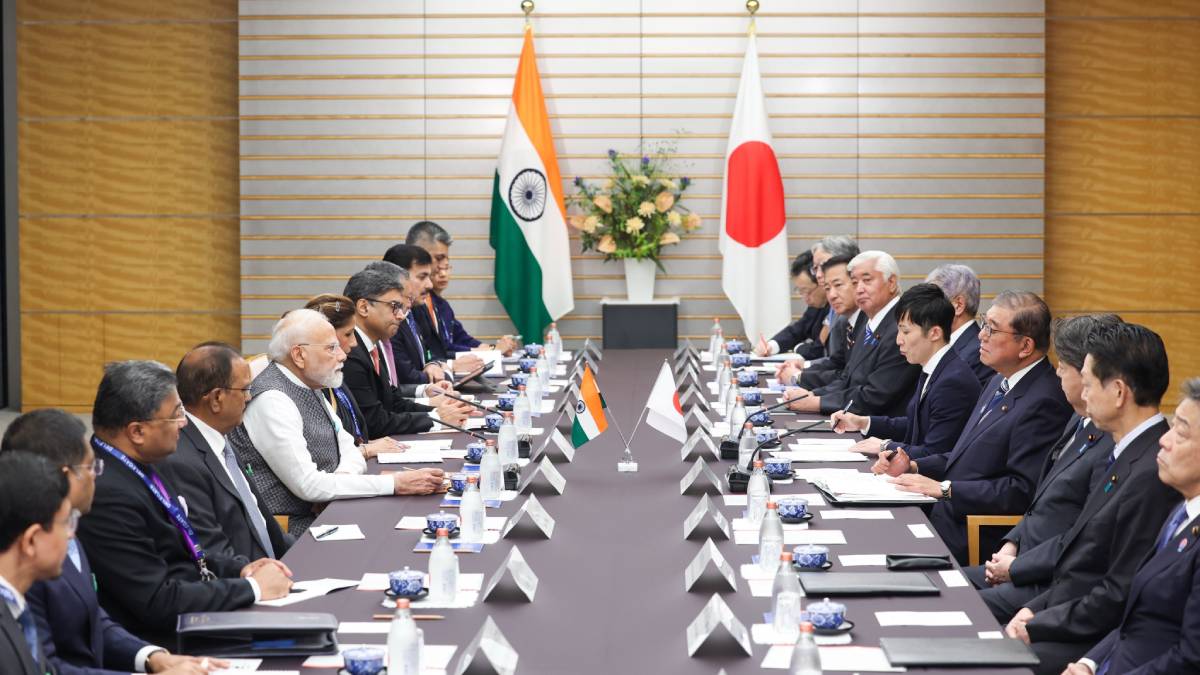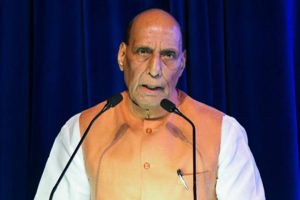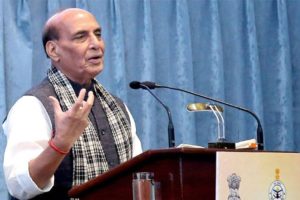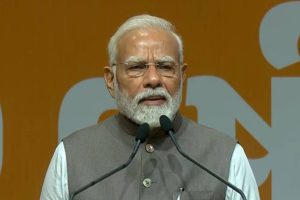Prime Minister Narendra Modi and his Japanese counterpart Shigeru Ishiba, during the 15th India-Japan Annual Summit in Tokyo, issued a strong joint condemnation of the terrorist attack in Pahalgam, Jammu and Kashmir, and called for decisive international action against all UN-listed terrorist organisations, including Lashkar-e-Tayyiba (LeT), Jaish-e-Mohammad (JeM), Al Qaeda and ISIS/Daesh.
According to a statement released by the Prime Minister’s Office, the two leaders stressed the need to dismantle terrorist financing networks, curb the nexus between terrorism and transnational crime, and stop the cross-border movement of militants.
“They condemned in the strongest terms the terrorist attack in Pahalgam on April 22, 2025, which claimed 26 civilian lives, and took note of the UN Security Council Monitoring Team Report mentioning The Resistance Front (TRF),” the statement read. PM Modi highlighted that TRF had claimed responsibility for the attack, a matter that PM Ishiba noted with concern. Both leaders demanded that perpetrators, organisers, and financiers of the attack be brought to justice without delay.
The summit also addressed broader regional and global issues. On Myanmar, both Prime Ministers urged an immediate end to violence, the release of detainees, and a return to democracy through inclusive dialogue and free elections, reaffirming support for ASEAN’s Five Point Consensus.
Reinforcing their strategic cooperation in the Indo-Pacific and Africa, the leaders welcomed the Japan-India Cooperation Initiative for Sustainable Economic Development in Africa, aimed at boosting industrial concentration in India and enhancing trade and investment with Africa.
On the Ukraine conflict, the two leaders supported efforts for a “just and lasting peace” based on international law and the UN Charter, while also welcoming ongoing diplomatic initiatives.
They further condemned North Korea’s ballistic missile launches and nuclear ambitions in violation of UN Security Council resolutions, reaffirming their commitment to complete denuclearisation of the Korean peninsula and urging Pyongyang to return to dialogue.
Prime Minister Modi also invited Prime Minister Ishiba to visit India later this year for the Quad Leaders’ Summit, as part of his two-day official visit to Japan (August 29–30). Following this, PM Modi is scheduled to travel to China for the Shanghai Cooperation Organisation (SCO) Summit in Tianjin.





